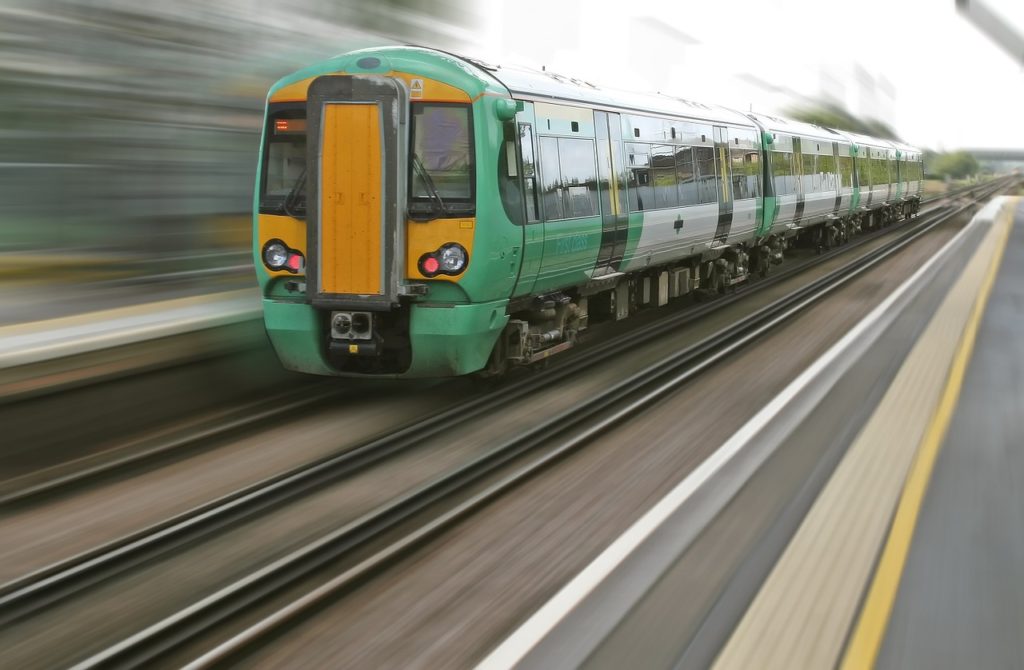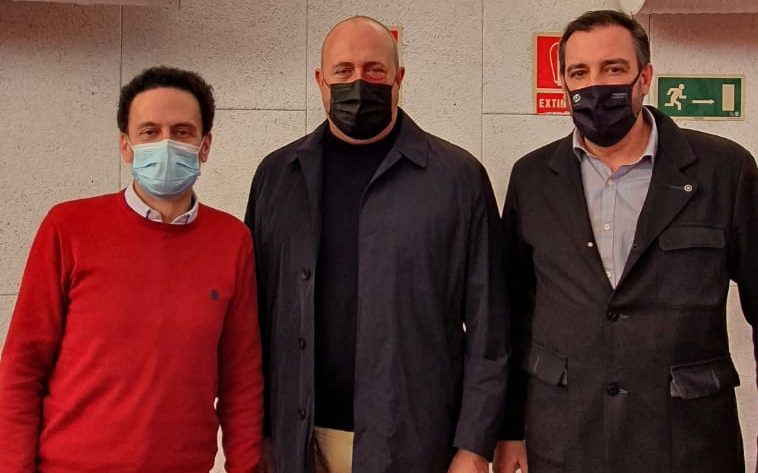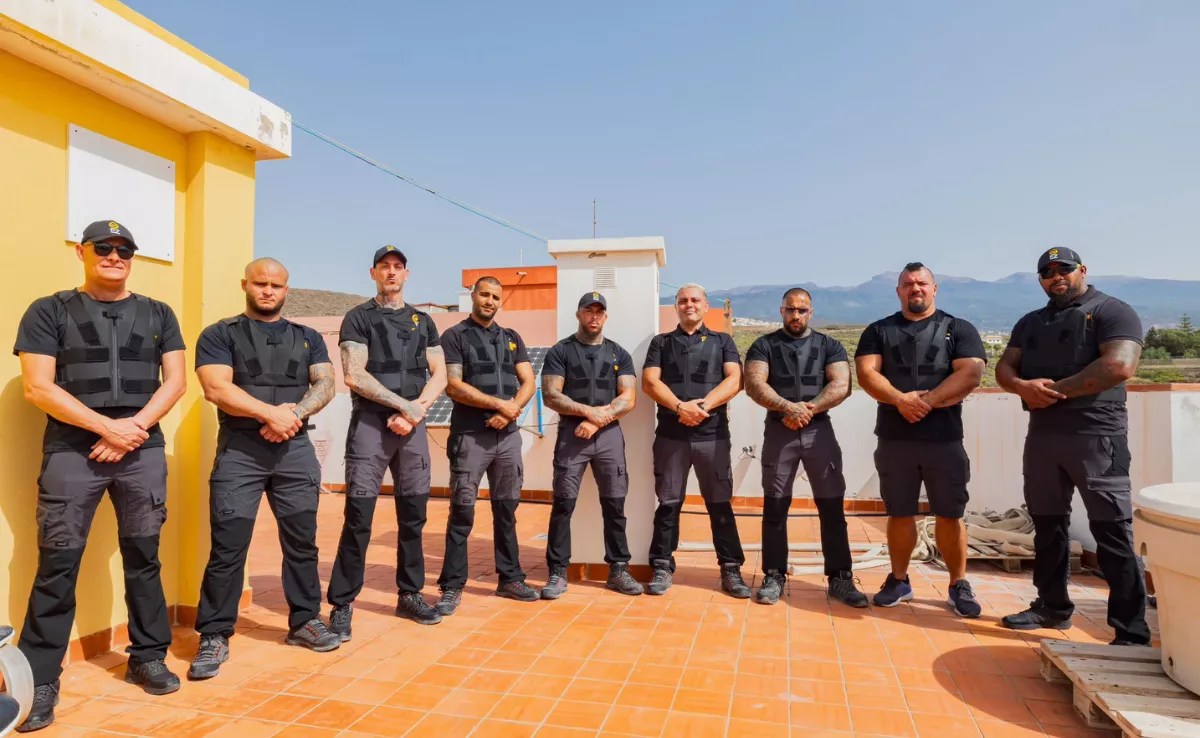
The Parliamentary Group citizens (GPCs) has registered in the Congress of Deputies a Proposal Not of Law (PNL) for the promotion of a railway network in Gran Canaria and Tenerife, with the aim of forming a “real alternative to road transport” in both islands.
This parliamentary initiative reaches the Lower House by the autonomous coordinator of Cs in the Canary Islands, Enrique Arriagawith a claim that champions the liberal formation in the archipelago and that aims to “achieve transport services that go beyond the municipal level” and “contribute to the articulation of the main population centers.”
This PNL asks the Government to guarantee “sufficient financing” for the “construction and start-up of the Gran Canaria Railway and the south train of Tenerife”.
The spokesperson for Transportes de Cs in the Congress of Deputies, Juan Ignacio López-Bas, focuses on “the serious mobility problem” and recalls that “both Gran Canaria and Tenerife have a car park with a density of 3.5 times higher than the national average with almost one vehicle per inhabitant”.

For his part, Arriaga indicates that “it is essential that the development of the archipelago arrives through means of transport that respect the 2030 Agenda” and that the State has “the obligation to make investments that entail an adequate and fair economic balance between the different autonomies, attending in this case to the particular circumstances arising from the insularity”.
The orange formation recalls that the Ministry’s safe, sustainable and connected mobility strategy includes, among other objectives, sustainable mobility contributing to the reduction of greenhouse gas emissions, in addition to reducing the impact of transport on the environment, by time that point out the fragility of a territory such as that of the Canary archipelago due to the high demographic pressure it suffers.
It remains to be remembered that, although the Gran Canaria project has the support of the Cabildo of said Island, an agreement has not been reached in Tenerife due to the discrepancy of Sí Podemos Canarias, whose external votes support the current government team, made up of a collision between the PSOE and Ciudadanos.
















